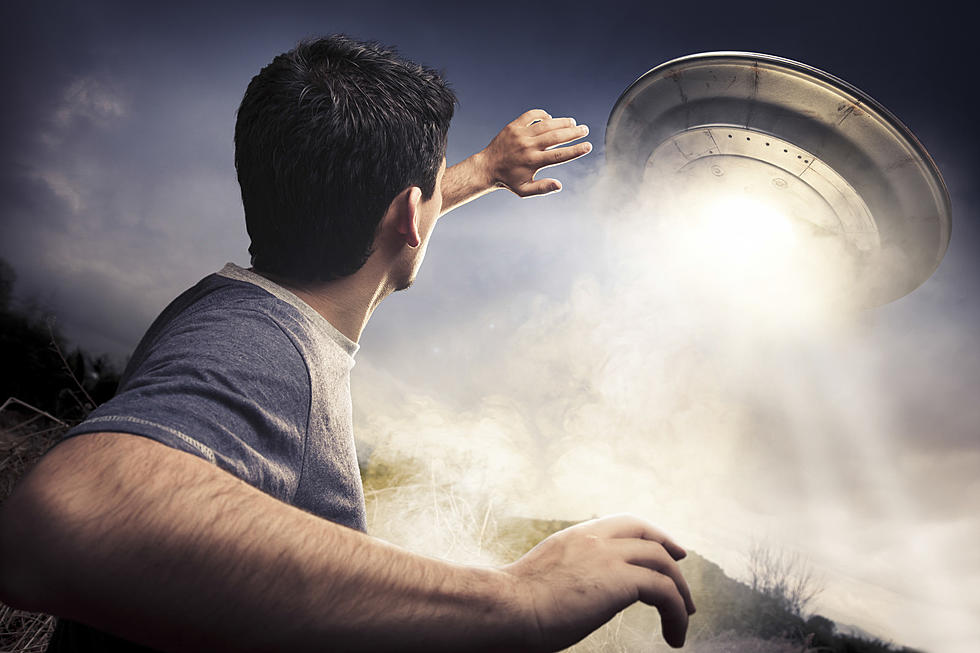
Check These 5 Things First Before You Fire Up That Woodstove!
I grew up with wood heat. I remember my dad going down to the basement of our first house and throwing some wood in the stove and my siblings and I, fresh from the bath, would scurry to the nearest floor vent to secure our spot for when that blast of hot air would make its way to the upstairs. When I bought my own house, especially surviving the Ice Storm of '98, one of the main things I wanted to make sure we had was a wood stove.
I've used wood heat as a supplement for several years now, and consider myself a competent fire starter, if you will. Until the year before last, when I accidentally pulled my arm up instead of out of the stove, after adding a log to the fire. There was a split second of pain and then nothing. So I figured I'd dodged a bullet. What I had done, in fact, was give myself a third-degree burn, which resulted in a pretty gnarly scar on my arm that took what seemed like forever to heal!
Since then, I've been hyper-vigilant about wearing my fire-proof gloves and being very careful to be aware of my surroundings.
Fast forward to this past weekend. I was so excited to light the first fire of the season. I had cleaned everything out, as recommended. A friend had even given me an early Christmas present of a new thermometer and fan! And after a few hours of tending to things, I managed, once again to burn my arm on the door!
While being a repeat accidental offender (and lacking the basic sense of depth perception, apparently!) cannot be avoided sometimes, there are a few things "experts" (not me) advise if you are planning to heat with a wood fire.
Now, I'm sure this list is incomplete, but these are 5 basic things that will help you with your wood stove, for sure.
1.) Burn with seasoned wood.
Get that wood from someone you trust. In my case, I had to have a tree taken down in January, so this stuff has been baking next to my house all summer long. I know it's dry and I know it's safe. I also get a cord or two delivered from a guy I know and trust. Ask around, and I am sure your friends and neighbors will be able to offer up some reputable names.
2.) Safety is no joke (says the two-time burn victim!)
Make sure to remember to get your chimney cleaned and inspected before you burn anything.
My own stupidity aside, get some welding gloves! I wish they made a pair that went up to your shoulder because my forearms would look less ridiculous then!
Also, smoke/carbon monoxide detectors and a fire extinguisher are smart things to have nearby. Last year, there was a metal container that I thought was empty and safe, that my kids had put some candles in. Long story short, there are some pretty impressive scorch marks on my ceiling from when I went to move that container and flames flew up my wall! Boy was I glad to have that fire extinguisher at arm's length!
Also, I took the added measure of installing a screen and a gate around my wood stove. More so for my clumsiness than anything, but it helps keep the kids and pets from getting too close, as well.
3.) A thermometer can help you burn in the right zone.
Too little heat and you run the risk of creosote build-up, too much and you could start a chimney fire. There is a balance, and a thermometer can help you find it.
4.) Fans can help move the warm air throughout your house.
The blueprint of my house is ridiculously inconvenient, for so many reasons, especially if you're trying to move air about, whether in the summertime or winter. Fans are key. I have a new one this year, that sits right on top of the stove, and it's awesome! The stove has a built-in blower you can plug in, but it's loud as all get out, and gets things so hot, that you and your family will need swimsuits to come visit! This new little guy moves just the right amount of air, and does it so you can Netflix and chill without waking the neighbors!
5.) Get some helpful wood stove/fireplace tools.
A good poker and shovel and so on will help you keep on top of loading and cleaning things up.
Fun tip, if you stick a metal kettle with water in it on the stove, it kind of acts as a room humidifier and keeps the air from seeming too dry.
The moral of the story, plan ahead and be safe. But accept that accidents happen, and make sure you have stuff like burn cream and aloe on hand!
The ABC's of Fire Safety
Gallery Credit: Cindy Campbell
Top 5 Ways You Can Help Prevent Maine Forest Fires
Gallery Credit: Lizzy Snyder
Maine Mountain Fire Towers Through the Years
More From WWMJ Ellsworth Maine









